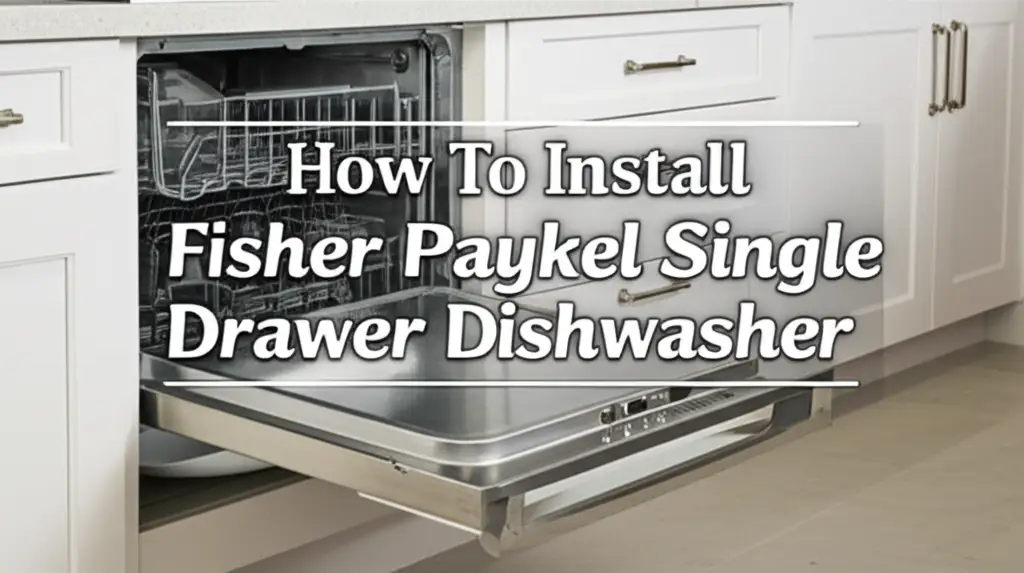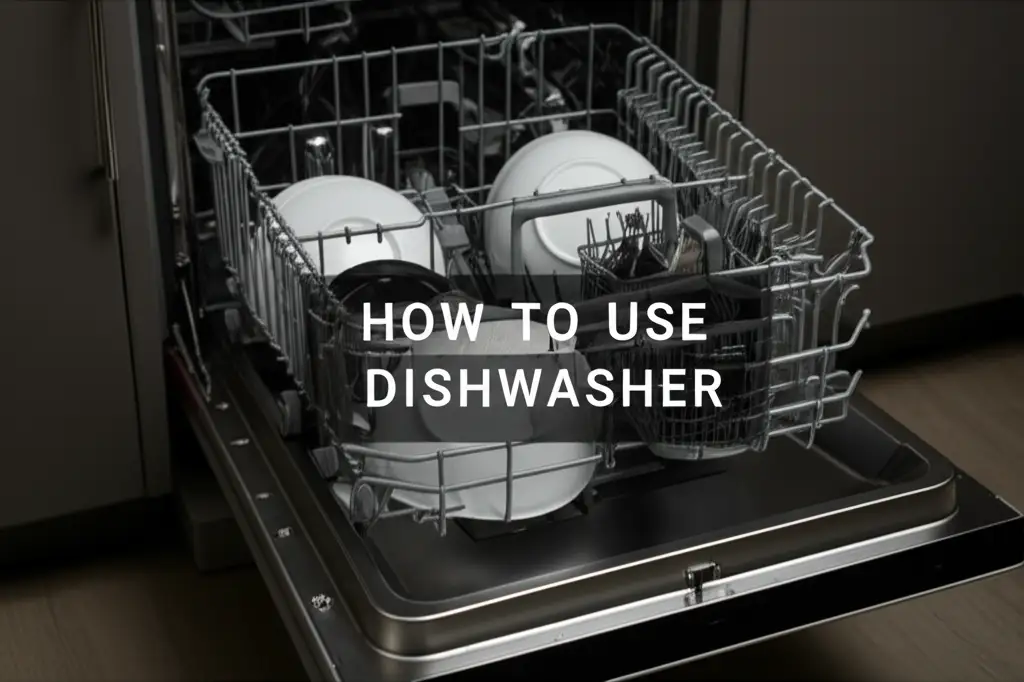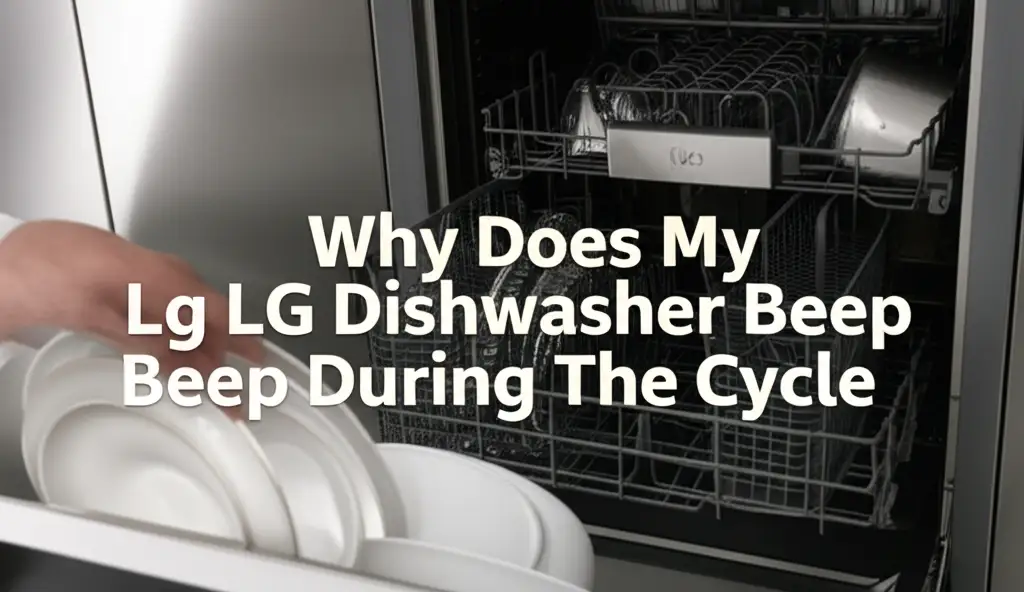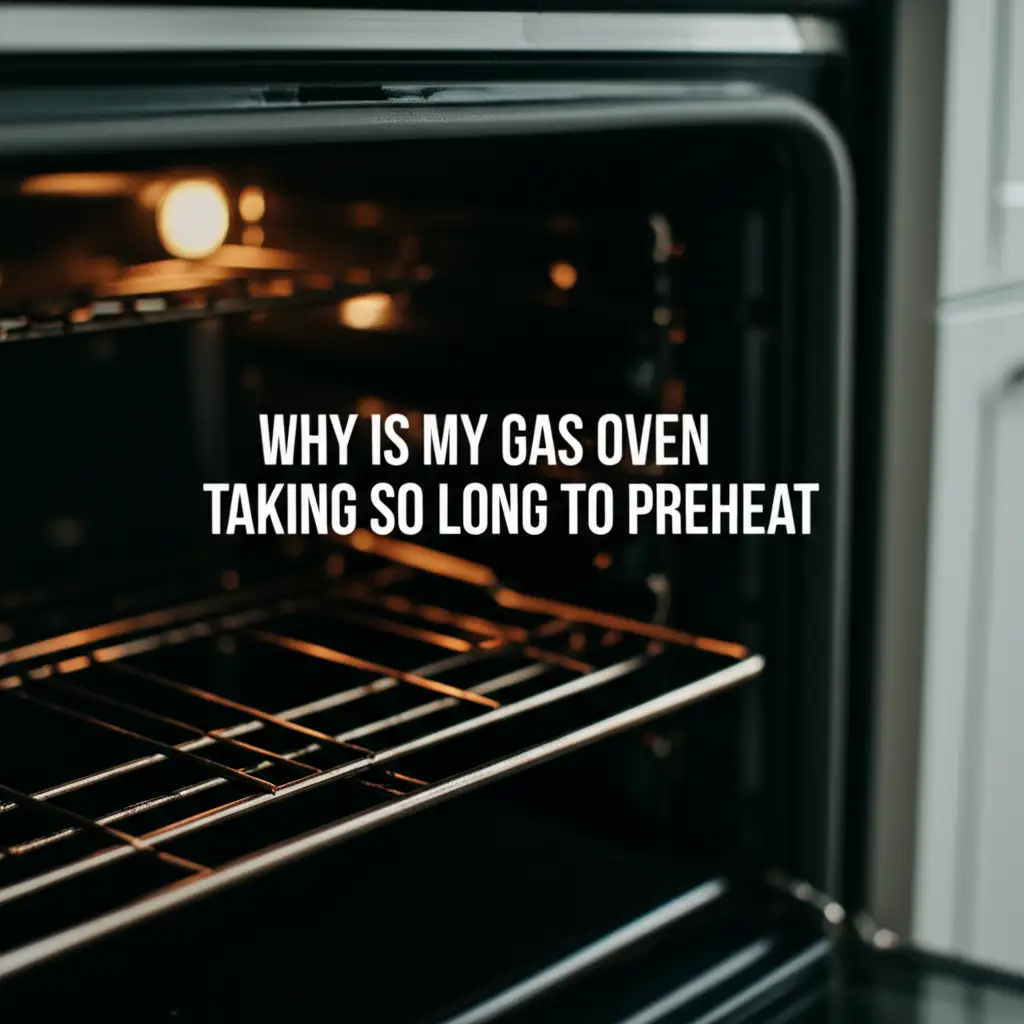· Katria Melrose · Home Appliances · 17 min read
How Much Is Samsung Air Conditioner In Nigeria
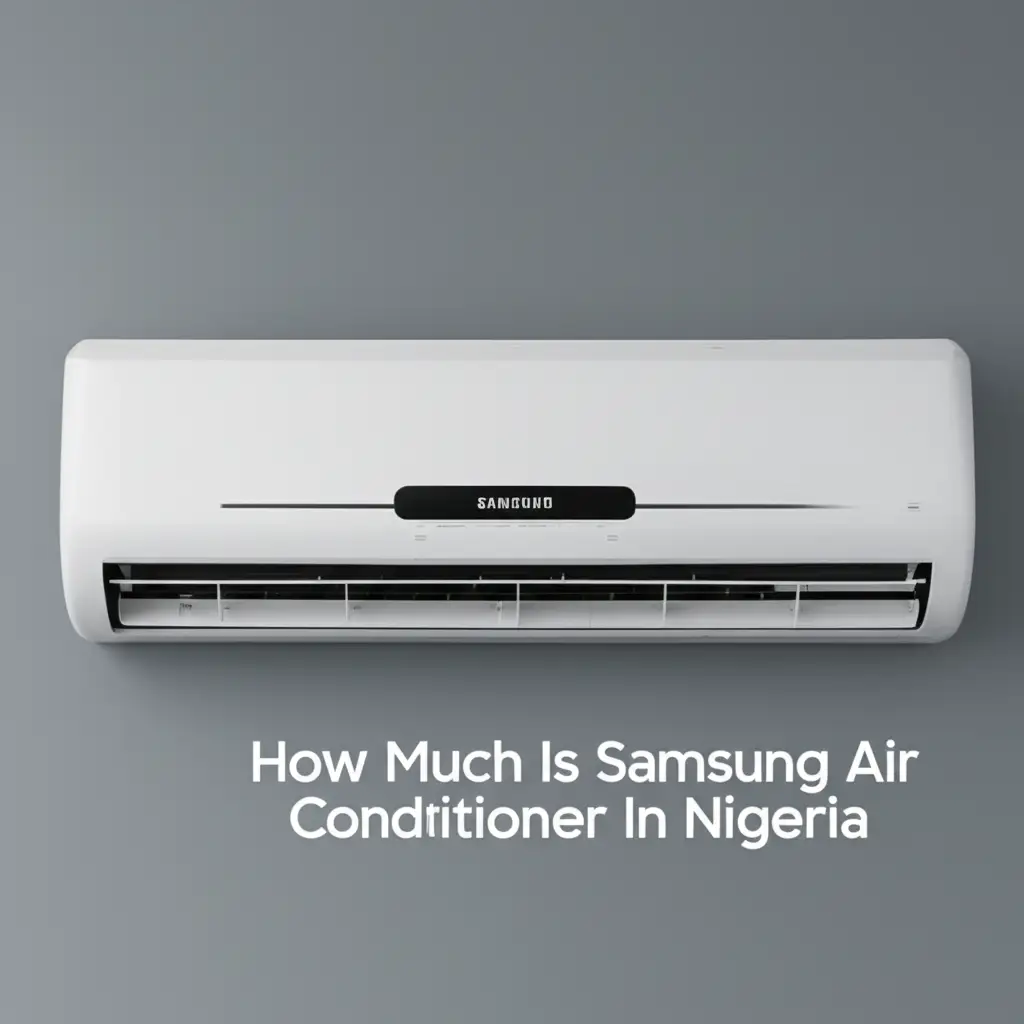
Understanding Samsung Air Conditioner Prices in Nigeria
Nigeria’s climate often means high temperatures. Staying cool becomes a priority for many homes and offices. A reliable air conditioner offers much-needed comfort. Samsung is a popular brand, known for its durable and efficient electronics. People often ask, “How much is a Samsung air conditioner in Nigeria?” Finding the exact cost needs research. Prices vary based on several key factors.
This article explores the cost of a Samsung air conditioner in Nigeria. We will discuss various models and their features. You will learn about installation fees and running costs. We also provide tips on how to find the best deals. Our goal is to help you make an informed purchase decision.
Takeaway
- Samsung AC prices vary widely: Expect costs from NGN 250,000 to NGN 1,500,000+ depending on capacity, type, and features.
- Capacity (BTU) is key: Higher BTU units cost more but cool larger spaces effectively.
- Inverter technology impacts price: Inverter ACs save energy but have higher upfront costs.
- Purchase from authorized dealers: Ensure genuine products and valid warranties.
- Factor in installation and maintenance: These are additional costs to consider for long-term ownership.
A Samsung air conditioner in Nigeria can cost anywhere from NGN 250,000 for a 1 HP non-inverter split unit to NGN 1,500,000 or more for larger capacity inverter units with advanced features. Prices depend heavily on the model’s cooling capacity, type (split, window, portable), and specific technologies like Digital Inverter.
Key Factors Influencing Samsung Air Conditioner Prices
When you look for a Samsung air conditioner in Nigeria, many things affect the final price. Understanding these factors helps you budget properly. I often consider these points myself before buying a new appliance. These elements explain why prices can differ so much between models.
Capacity (BTU)
The cooling capacity of an air conditioner is measured in BTUs (British Thermal Units). This is a primary driver of cost. A higher BTU rating means the unit can cool a larger space. For example, a 1-ton (approximately 12,000 BTU) AC is suitable for a small room. A 2-ton (approximately 24,000 BTU) AC suits a larger living room or office. Naturally, units with more cooling power cost more money. Always match the BTU to your room size for efficiency and comfort.
Type of Air Conditioner
Samsung offers different types of air conditioners. Each type has a different price point and installation requirement.
- Split Air Conditioners: These are the most common in Nigeria. They have an indoor unit and an outdoor unit. They are quiet and efficient. Prices for split units are generally higher than window or portable models. However, they offer better cooling performance and aesthetics. If you are exploring options for your home or office, you might want to consider how much a split air conditioner costs in Nigeria in general.
- Window Air Conditioners: These units combine all components into one box. They fit into a window frame or a wall opening. Window ACs are usually less expensive than split units. They are easier to install. However, they can be noisier and less aesthetically pleasing. Samsung produces fewer new window AC models for the Nigerian market now.
- Portable Air Conditioners: These units are mobile. You can move them from room to room. They are the least expensive option initially. They also require no permanent installation. They are suitable for temporary cooling needs. Their cooling power is generally lower than split or window units.
Inverter vs. Non-Inverter Technology
This is a significant factor in current AC pricing.
- Inverter ACs: Samsung Digital Inverter technology adjusts compressor speed. This saves a lot of energy. It maintains a consistent temperature. Inverter units cost more upfront. Their long-term electricity savings make them a smart investment.
- Non-Inverter ACs: These units have a fixed-speed compressor. It cycles on and off to maintain temperature. They are cheaper to buy. They use more electricity over time. Many older or basic models use this technology.
Smart Features and Technology
Modern Samsung air conditioners come with many advanced features. These features add to the convenience and, naturally, the price.
- Wi-Fi Connectivity: Control your AC from your phone.
- SmartSense: Automatically adjusts cooling based on room conditions.
- Good Sleep Mode: Optimizes temperature for comfortable sleep.
- Virus Doctor/Easy Filter Plus: Air purification features.
- Self-Cleaning Function: Reduces mold and bacteria buildup.
- Digital Display: Clear information panel.
Units with more smart features will have a higher price tag. They offer enhanced user experience and better air quality.
Average Samsung Air Conditioner Prices by Type and Capacity
Let’s look at typical price ranges for Samsung air conditioners in Nigeria. Remember, these are averages. Actual prices can vary based on the vendor, promotions, and location. I always check multiple stores before deciding.
Samsung Split Air Conditioner Prices
Split units are the most popular choice for homes and offices due to their efficiency and quiet operation.
1 HP (Horsepower) / 9,000 – 12,000 BTU:
- Non-Inverter: NGN 250,000 - NGN 380,000. These are suitable for small bedrooms (up to 12-15 sqm). They provide basic cooling.
- Inverter: NGN 350,000 - NGN 550,000. These units offer significant energy savings. They are perfect for consistent cooling in smaller spaces.
- Example Models: Samsung AR12TRHR (Non-Inverter), Samsung AR09TVFAWK (Inverter).
1.5 HP / 18,000 BTU:
- Non-Inverter: NGN 380,000 - NGN 550,000. Ideal for medium-sized rooms or living areas (15-25 sqm).
- Inverter: NGN 500,000 - NGN 750,000. These are highly recommended for efficiency in medium spaces. They reduce electricity bills over time.
- Example Models: Samsung AR18TRHR (Non-Inverter), Samsung AR18TVFCWK (Inverter).
2 HP / 24,000 BTU:
- Non-Inverter: NGN 550,000 - NGN 750,000. Suitable for large living rooms, master bedrooms, or small offices (25-40 sqm).
- Inverter: NGN 700,000 - NGN 1,000,000+. These are powerful and energy-efficient. They cool large spaces without high electricity costs.
- Example Models: Samsung AR24TRHR (Non-Inverter), Samsung AR24TVFCWK (Inverter).
2.5 HP and 3 HP+ / 30,000 BTU - 36,000 BTU+:
- Inverter Models Primarily: NGN 900,000 - NGN 1,500,000+. These are for very large spaces, open-plan areas, or commercial use. They are usually only available with inverter technology for efficiency.
Samsung Window and Portable Air Conditioner Prices
Samsung’s focus in Nigeria is heavily on split units. Window and portable ACs are less common for the brand.
- Samsung Window AC: If available, expect prices from NGN 200,000 - NGN 400,000. These are typically non-inverter models.
- Samsung Portable AC: If found, these might range from NGN 250,000 - NGN 500,000. They offer flexibility but generally less cooling power for the price compared to split units.
Important Notes on Pricing
- Currency Fluctuations: Nigeria’s economy sees currency shifts. These impact import costs and, therefore, retail prices. Prices can change quickly.
- Vendor Markups: Different retailers have different pricing strategies. Always compare prices from various authorized dealers.
- Promotions and Sales: Look out for sales events, especially during festive seasons or major holidays. You can find good discounts then.
- Location: Prices might slightly vary between major cities like Lagos, Abuja, and Port Harcourt due to logistics costs.
Where to Buy Samsung Air Conditioners in Nigeria
Finding a reliable place to buy your Samsung air conditioner is just as important as knowing the price. You want to ensure you get a genuine product with a valid warranty. I always recommend buying from authorized sources.
Authorized Dealers and Brand Stores
Samsung has official brand stores and authorized dealers across major Nigerian cities. Buying from these sources offers several benefits:
- Authenticity: You are guaranteed a genuine Samsung product.
- Warranty: Your purchase comes with a full manufacturer’s warranty. This protects you against defects.
- After-Sales Support: Authorized dealers often provide better customer service and technical support.
- Expert Advice: Staff can guide you on the best model for your needs.
You can find a list of authorized dealers on the Samsung Nigeria website.
Major Electronics Retailers
Large electronics chains often stock a wide range of Samsung appliances, including ACs. These stores include:
- Jumia and Konga: These are leading e-commerce platforms in Nigeria. They offer convenience, competitive pricing, and delivery services. Always check seller ratings and reviews on these platforms. Look for official Samsung stores within these platforms.
- Physical Retail Chains: Stores like Fouani, SLOT, and other major appliance retailers. They have multiple branches. You can see the units in person. This lets you compare models directly.
Local Appliance Stores
Many smaller, independent appliance stores also sell Samsung air conditioners.
- Benefits: Sometimes, you can negotiate prices in these stores. They might offer quick local delivery.
- Caution: Ensure the store is reputable. Verify the product’s authenticity and warranty. Ask for receipts and warranty cards. I always double-check these details to avoid issues later.
Tips for Buying
- Compare Prices: Always check prices from at least three different vendors. This helps you find the best deal.
- Check Warranty: Confirm the warranty period and what it covers. Keep your purchase receipt safe.
- Delivery and Installation: Ask about delivery fees and installation services. Some vendors include installation in the price, others charge separately.
- Read Reviews: Look at online reviews for both the specific AC model and the vendor. This gives you insight into product performance and service quality.
Installation Costs for Samsung Air Conditioners in Nigeria
Buying an air conditioner is only the first step. You also need to factor in installation costs. These costs are separate from the unit’s price. Proper installation is crucial for your AC’s performance and lifespan. Incorrect installation can lead to problems like your Samsung air conditioner not cooling effectively or even your Samsung air conditioner leaking water.
What’s Included in Installation?
Installation typically includes:
- Mounting the indoor unit.
- Mounting the outdoor unit.
- Connecting copper pipes for refrigerant.
- Connecting electrical wiring.
- Insulating the pipes.
- Draining water (condensate line).
- Vacuuming the lines (to remove air and moisture).
- Testing the unit.
Average Installation Costs
Installation fees for a Samsung split AC in Nigeria generally range from NGN 20,000 to NGN 50,000. This price varies based on:
- AC Capacity: Larger units (2 HP and above) might cost more to install because they are heavier and require more work.
- Location: Installation fees might be higher in remote areas or locations with difficult access.
- Complexity:
- Simple Installation: Straightforward mounting on a flat wall.
- Complex Installation: Involves drilling through thick concrete, extensive piping, or mounting the outdoor unit in a difficult spot (e.g., high on a building wall).
- Additional Materials: Sometimes, extra copper piping, electrical wiring, or specialized brackets are needed. These will add to the cost.
- Technician’s Expertise: Experienced and certified technicians might charge more, but their work ensures better long-term performance.
Hidden Costs to Consider
- Power Outlet: Ensure you have a dedicated power outlet with the correct voltage near the AC unit. If not, an electrician’s service will be an extra cost.
- Voltage Stabilizer: Nigeria’s power supply can be unstable. A voltage stabilizer is highly recommended to protect your Samsung AC. This is an additional purchase, ranging from NGN 20,000 to NGN 50,000 for a good quality one.
- Bracket for Outdoor Unit: While often included in installation, some installers might charge for specific heavy-duty brackets.
- Trunking/Casing: If you want to hide the exposed pipes and wires for a neater look, you’ll pay extra for trunking materials and labor.
Always get a detailed quote from your installer before they start work. Make sure the quote covers all materials and labor.
Running Costs and Energy Efficiency of Samsung ACs
Beyond the purchase and installation price, the running cost of your Samsung air conditioner is a major financial consideration in Nigeria. Electricity bills can add up quickly, especially with frequent AC use. Samsung’s focus on energy efficiency can help you save money over time.
Understanding Electricity Consumption
An air conditioner’s electricity consumption depends mainly on its BTU capacity and whether it is an inverter or non-inverter model.
- Non-Inverter ACs: These units consume consistent power when running. A 1 HP non-inverter AC might consume around 800-1000 watts per hour. A 2 HP unit might consume 1800-2200 watts. When the compressor cycles on and off, it uses a surge of power each time it starts.
- Inverter ACs: These are designed for energy savings. A 1 HP Samsung Digital Inverter AC might consume an average of 400-600 watts once the room reaches the set temperature. A 2 HP inverter unit might average 900-1200 watts. They avoid the power surge of starting and stopping. This leads to significant savings.
Calculate your potential electricity bill by multiplying wattage by hours of use and then by your electricity tariff (e.g., NGN 50-70 per kWh in Nigeria). Inverter ACs typically lead to 30-50% lower electricity bills compared to non-inverter models of the same capacity. This makes the higher upfront cost of an inverter AC worthwhile in the long run.
Maintenance Costs
Regular maintenance keeps your Samsung AC running efficiently and prevents costly repairs. Poor maintenance can lead to common issues, such as your Samsung air conditioner keeping turning off unexpectedly.
- Filter Cleaning: This is the easiest and most important task. You should clean your air conditioner filters every 2-4 weeks, especially in dusty environments. You can easily do this yourself. Learn how to clean your air conditioner filter for optimal performance. Neglecting this leads to reduced airflow and higher energy consumption.
- Professional Servicing: A professional service (general cleaning and check-up) is recommended every 6-12 months. This costs between NGN 10,000 and NGN 25,000 per unit. Technicians clean coils, check refrigerant levels, and ensure all components work correctly. Neglecting professional cleaning can cause your AC to become less efficient. It can even lead to issues like your Samsung air conditioner not cooling properly.
- Refrigerant Top-Up: If your AC is not cooling effectively, it might need a refrigerant top-up. This is usually done during professional servicing. It can cost NGN 15,000 - NGN 30,000, depending on the refrigerant type (R22 vs. R410A) and quantity needed.
- Repairs: If a component fails, repair costs vary widely. Common repairs might include capacitor replacement (NGN 10,000 - NGN 25,000) or sensor replacement (NGN 8,000 - NGN 18,000). Major repairs like compressor replacement can be very expensive, sometimes approaching the cost of a new unit. Regular maintenance helps prevent such breakdowns. Knowing how to clean an air conditioner properly helps.
Overall, consider the total cost of ownership: purchase price + installation + running costs + maintenance. An inverter AC, despite higher initial cost, often provides better value long-term due to lower electricity bills.
Samsung Air Conditioner Models and Their Unique Features
Samsung offers a range of air conditioner models. Each model provides unique features designed for different needs and preferences. Understanding these features can help you pick the best unit for your home.
WindFree™ Series
The Samsung WindFree™ series is known for its innovative cooling technology. These units provide gentle cooling without direct drafts.
- Key Feature: Thousands of micro-holes on the front panel disperse air evenly. This creates a still air environment.
- Comfort: You avoid uncomfortable cold blasts. This is ideal for bedrooms or offices where people sit for long periods.
- Energy Efficiency: WindFree™ mode uses less energy than standard cooling mode. It helps save on electricity bills.
- Models: Available in various capacities (1 HP, 1.5 HP, 2 HP). They are typically inverter models.
- Price Impact: These models are usually at the higher end of the Samsung AC price range. Their advanced comfort and efficiency justify the cost.
Digital Inverter Series
Samsung’s Digital Inverter technology is a core feature in many of their AC units. It significantly impacts both performance and cost.
- How it Works: The compressor motor runs at variable speeds. It adjusts to maintain the set temperature precisely. It does not turn on and off completely.
- Benefits:
- Energy Saving: It consumes less power because it avoids constant starting and stopping. This lowers electricity bills.
- Consistent Cooling: It maintains a stable temperature without fluctuations.
- Quiet Operation: Variable speed operation reduces noise levels.
- Durability: Reduced wear and tear on the compressor extends the unit’s lifespan.
- Models: Most new Samsung split ACs feature Digital Inverter technology.
- Price Impact: Digital Inverter models are more expensive upfront than non-inverter models. The long-term energy savings usually make them a cost-effective choice.
Smart Features and Connectivity
Many Samsung ACs come with smart features that enhance convenience and control.
- Wi-Fi Control (SmartThings App): You can control your AC from anywhere using your smartphone. Turn it on before you get home. Adjust settings remotely. This adds flexibility and convenience.
- AI Auto Cooling: This feature analyzes your usage patterns and outdoor temperature. It then optimizes cooling settings automatically. It learns your preferences.
- Voice Control: Some models integrate with voice assistants like Bixby, Google Assistant, or Amazon Alexa. You can simply speak commands to your AC.
- Easy Filter Plus: This filter is easy to remove and clean. It captures dust and allergens. Maintaining a clean filter is crucial for efficiency. Regular cleaning prevents issues like the unit not cooling properly.
- Self-Cleaning Function: This feature prevents mold and bacteria growth in the indoor unit. It helps maintain healthy air quality.
These advanced features contribute to the overall value and price of Samsung air conditioners. They offer a premium cooling experience with added convenience and potentially better air quality.
Tips for Getting the Best Samsung AC Deal in Nigeria
Finding a good deal on a Samsung air conditioner in Nigeria requires a bit of smart shopping. You can save money and ensure you get a quality product. I always apply these tips when making significant purchases.
Research and Compare Prices
- Online vs. Physical Stores: Check both online retailers (Jumia, Konga, PayPorte) and physical electronics stores. Prices can differ. Online stores might have lower overheads. Physical stores allow you to see the product and negotiate.
- Multiple Vendors: Do not settle for the first price you see. Get quotes from at least three different authorized dealers. Show them competing offers to see if they can match or beat them.
- Model Comparison: Compare not just prices, but also features of similar models. Sometimes, a slightly higher-priced model offers significant energy savings or features that justify the extra cost. For example, the long-term savings of an inverter AC can outweigh its higher initial price.
Look for Promotions and Sales
- Seasonal Sales: Major sales events (Black Friday, Jumia Anniversary, Christmas sales, Easter sales) are great times to buy. Retailers often offer discounts during these periods.
- Brand Promotions: Samsung occasionally runs promotions directly or through its authorized dealers. Keep an eye on their official website or social media pages.
- Bundle Deals: Some stores offer discounts if you buy an AC along with installation services or other appliances.
Verify Authenticity and Warranty
- Authorized Dealers: Always prioritize buying from authorized Samsung dealers. This guarantees you get a genuine product. It also ensures you receive the full manufacturer’s warranty. Unofficial sellers might offer lower prices but no warranty or fake products.
- Check Warranty Card: Ensure the product comes with a properly filled warranty card. Keep your purchase receipt as proof of purchase. This is crucial if you ever need to claim a warranty or if your Samsung air conditioner develops an error code like E109.
Consider Total Cost of Ownership
- Installation Costs: Factor in installation fees. Some deals might seem cheap but have high installation charges. Clarify this upfront.
- Voltage Stabilizer: Invest in a good quality voltage stabilizer. Nigeria’s power fluctuations can damage electronics. This protection is a wise investment, costing around NGN 20,000 - NGN 50,000. It prevents costly repairs or premature unit failure.
- Running Costs: As discussed, inverter ACs save on electricity bills. While they cost more upfront, their long-term operational savings are significant. Consider this when evaluating the “deal.”
Don’t Rush the Purchase
- Read Reviews: Check online reviews for the specific model you are interested in. Look for comments on reliability, noise levels, and after-sales service.
- Ask Questions: If you are unsure about a feature or a price, ask the vendor. A good salesperson will be able to explain everything clearly.
By following these tips, you can confidently find a Samsung air conditioner that fits your budget and needs, providing comfortable cooling for years to come.
FAQs About Samsung Air Conditioners in Nigeria
Q1: Is a Samsung inverter AC worth the extra cost in Nigeria?
A1: Yes, a Samsung inverter AC is generally worth the extra cost in Nigeria. It saves significant money on electricity bills over time. Inverter technology adjusts compressor speed, using less power than non-inverter models. This leads to lower running costs and quieter operation. The initial higher investment pays off through long-term energy savings.
- Samsung Air Conditioner Nigeria
- AC Price Nigeria
- Samsung Inverter AC
- Split Air Conditioner Cost
- Home Cooling Solutions
- Nigeria Electronics Market


